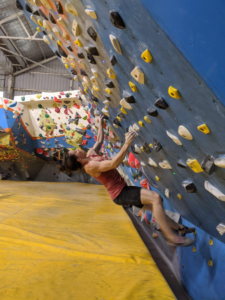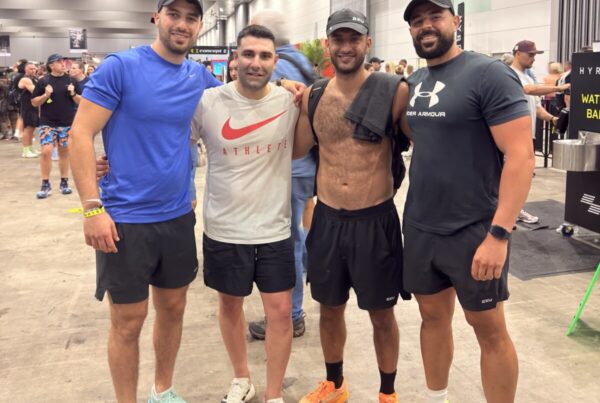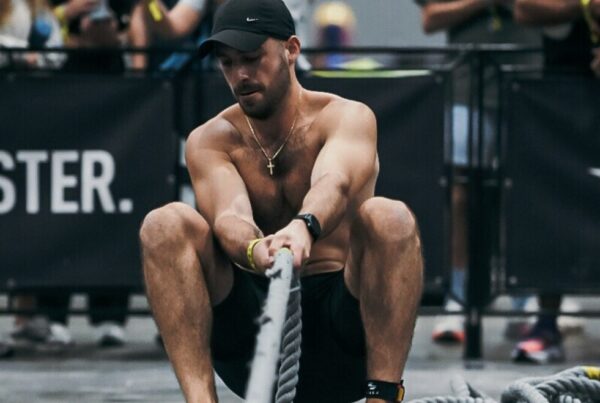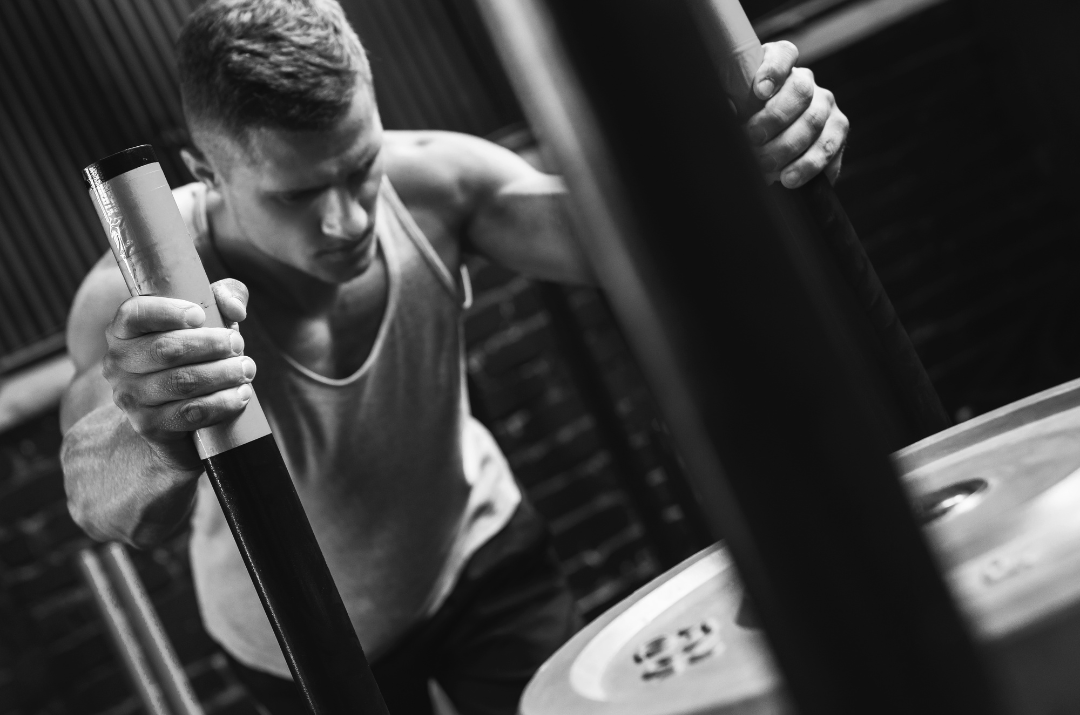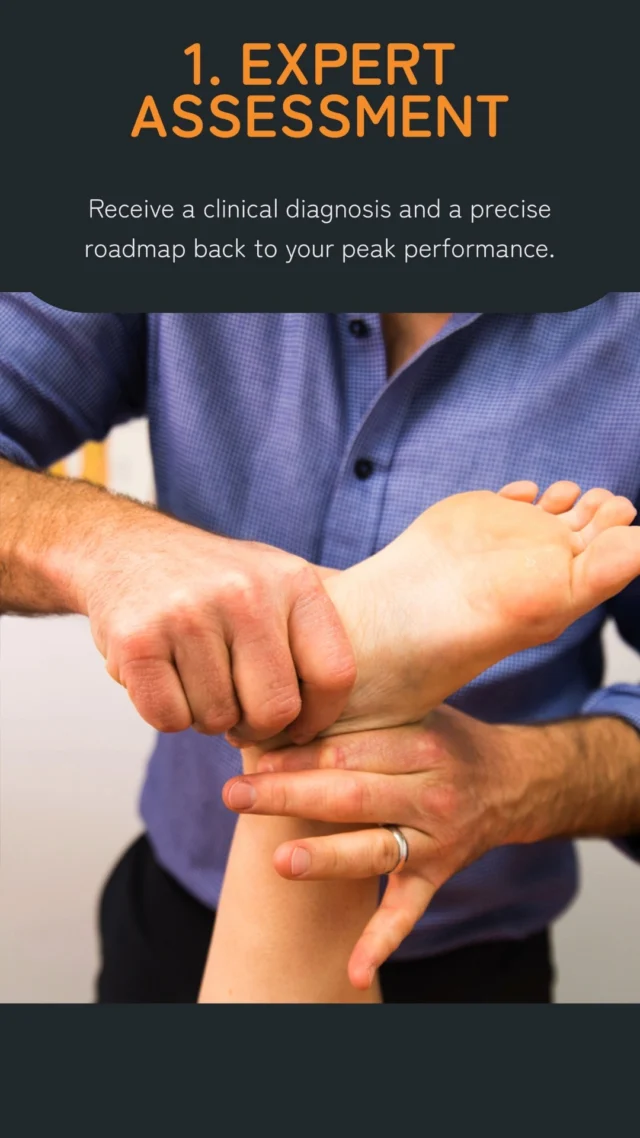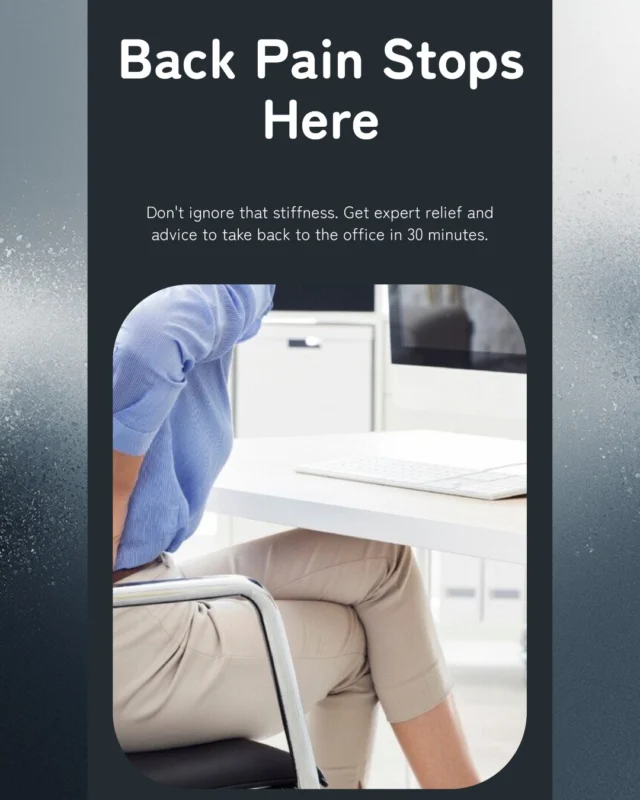Training for climbing is continuing to grow as the love for the sport explodes across the globe. Training programs can be freely accessed online leading many new and experienced climbers to jump on the hangboard or start doing chin ups without taking time to assess their individual needs.
Climbing is a blend of power, strength and endurance. We need to be flexible, strong and technical, to be able to pull through shoulders, drive through legs and maintain tension from finger tips to toes.
To train everything would be a full-time job and since most of us aren’t Janja we need to look at our low hanging fruit. What is the area you, as an individual, need to improve on first to get the most bang for your buck?
Most of us gravitate toward our strengths, if you are strong, you will enjoy steep over hung, if you’re great with your feet you’ll enjoy slab and thin movements. Overtime we will get better at our strengths and weaker in areas we avoid. But to be a well-rounded climber we want to address all factors and understand where we can improve. What is the area holding you back? Someone who can bang out 25 chin ups easily but struggles to maintain contact with a hold due to finger strength won’t see progress until they address the areas holding them back. Someone who can hold on to small little crimps but lacks the flexibility for a high step won’t excel to the next level.
This is why an assessment is so crucial before you begin a training program. Depending on your climbing level and goals, the demands will vary. Someone like Alex Puccio can comfortably do a one arm chin up whereas a beginner will likely start with body weight support two arm chin up. Both are looking at pulling strength for their grade. Someone who climbs grad 18 (6a) will have different requirements to someone who climbs 29 (8a) but both can be evaluated with a thorough assessment. A good climbing assessment experienced in climbing will look at pulling power, finger strength, flexibility, core tension and more.
Along with strength, power and endurance also comes movement on the wall. Some people demonstrate high level of strength but struggle on actual climbing moves due to poor technique. This is where movement assessment through video is highly useful to understand which drills might be most applicable. An experienced coach or trainer can analyse videos and help the individual understand how they can use their physical strength as an asset on the wall.
Before starting a training program get an assessment. This will not only help you understand areas you can improve but also provide crucial feedback during a re-assessment to see if training has paid off.
Here at Bend + Mend in Sydney’s CBD we have not just experienced Physio’s but also experienced climbers! Our Physio, Meredith, the author of this blog, would love to assess your climbing needs and kick start an effective training regime for all climbing levels. She not only understands the challenges of climbing but also knows exactly how to get the most out of your body.
Here she is in action!
